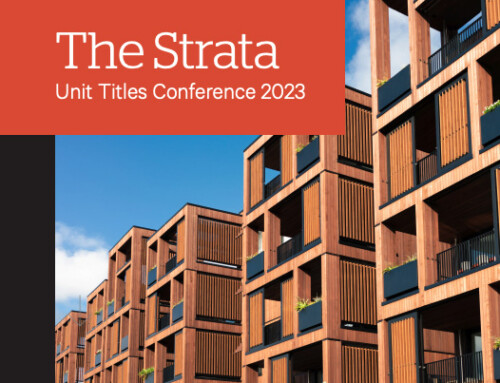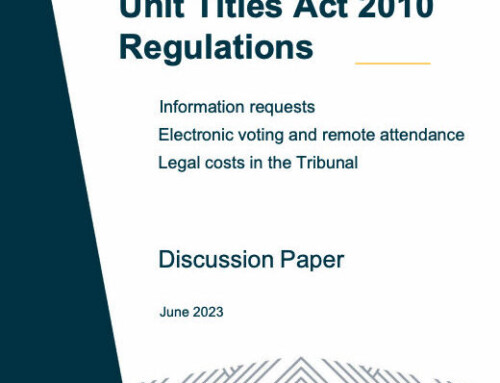
After nearly a decade, the final tranche of the Unit Title Reforms have now come into play.
On the 7th of May 2024, the regulations which came into effect on the 9th May 2024 were gazetted: Notice Under the Legislation Act 2019 – 2024-sl1905 – New Zealand Gazette
While MBIE and MHuD have taken us on the journey with them through consultations and working group forums, it is nice to finally have some clarity on the last of the ‘Better Body Corporates’ initiative.
The full regulations can be read here: Unit Titles Amendment Regulations 2024 (SL 2024/52) Contents – New Zealand Legislation
And a brief synopsis as follows:
1. Changes to the Disclosure regime:
Amendments have been made to the PCDS and the PSDS for “off the plan” units (i.e. new developments), under regulation 33 & 34, including, if available, reporting on the LTMP, building manager and body corporate manager contracts, Operational rules, minutes of the most recent General meeting, and details of any contract or court/tribunal decision that will bind the BC or unit owners after settlement occurs.
2. Electronic Voting & Transitional provisions for Electronic Voting:
This relates to how owners can vote electronically both prior to and during meetings. Remote attendance could include an audio link, audio-visual link, or other remote access facilities. Whatever facilities are used by a member they must include an ability to vote at the meeting. This feeds from provisions around hybrid meetings which are also now mandatory The Body Corporate must take reasonable steps to verify their identity and it can decide how that is done.
If members have already given notice of a meeting that has to take place on or after the 9th of May then the transitional provisions will apply. Further, there are provisions for owners to comply by emailing the postal voting form which will suffice as an electronic vote where the member is not attending in person.
3. Retention of Information by the Body Corporate:
Under the Act the CEO of MBIE requires bodies corporate to retain information (as per the set schedule) and provide it upon request. This information must be retained for at least 3 years.
4. Proxy Voting, Retention of Proxy votes and Voting records:
Proxy voting by an owner now includes a statement from the unit owner as to how the proxy is to vote (directed proxy under form 11). Initially there was discussion on this needing to be verified, however, the new regulations state specifically that the Chairperson of the general meeting is not required to ensure that the proxy votes as instructed. Voting records must be retained for 28 days after the meeting or after the result of a meeting with a general meeting under Section 104. This aligns with the minority relief provisions in the Act.





